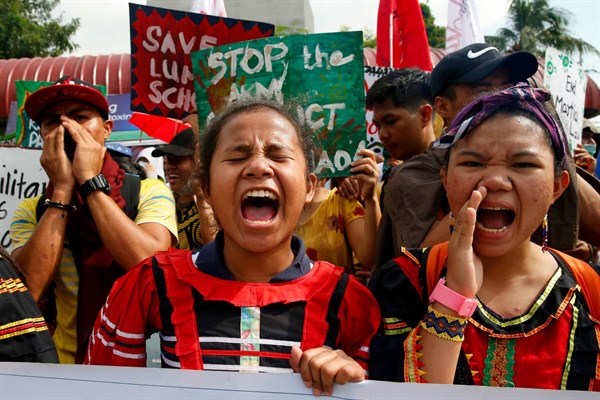Since the mid-2000s, democracy has regressed in nearly every part of the world. The global monitoring organization Freedom House has recorded declines in global freedom for 12 years in a row. In Thailand, Bangladesh and Turkey, democracies have all but collapsed. Countries where democracy seemed to be making gains in the early 2010s, like Myanmar and Cambodia, have slid backwards, with Cambodia reverting to one-party rule. Some states where democracy was believed to be well-rooted, such as Poland and the Philippines, have regressed under populists with authoritarian tendencies. Their democracies have not fully collapsed but are in grave danger, as leaders pack courts, jettison judges and threaten the media.
In a recent article for The Washington Post, I outlined how hard it will be for these countries to rebuild free political systems. As a recent study by the Tony Blair Institute for Global Change found, elected populists tend to hold office, on average, more than twice as long as elected non-populist leaders, giving them considerable time to undermine democracy. The same study found that some populist leaders often expand executive power dramatically and foster widespread corruption.
In fact, in states where autocratic-leaning populists are dismantling democratic foundations, democracy may be even harder to rebuild than in places in the past where old-school strongmen have simply crushed it. In part, this is because this new generation of elected populists, unlike junta leaders or other traditional autocrats, often continue to enjoy a degree of popular legitimacy, even if they eventually lose an election. Their corrosive impact on democratic institutions and norms can persist for years after they finally leave power.

